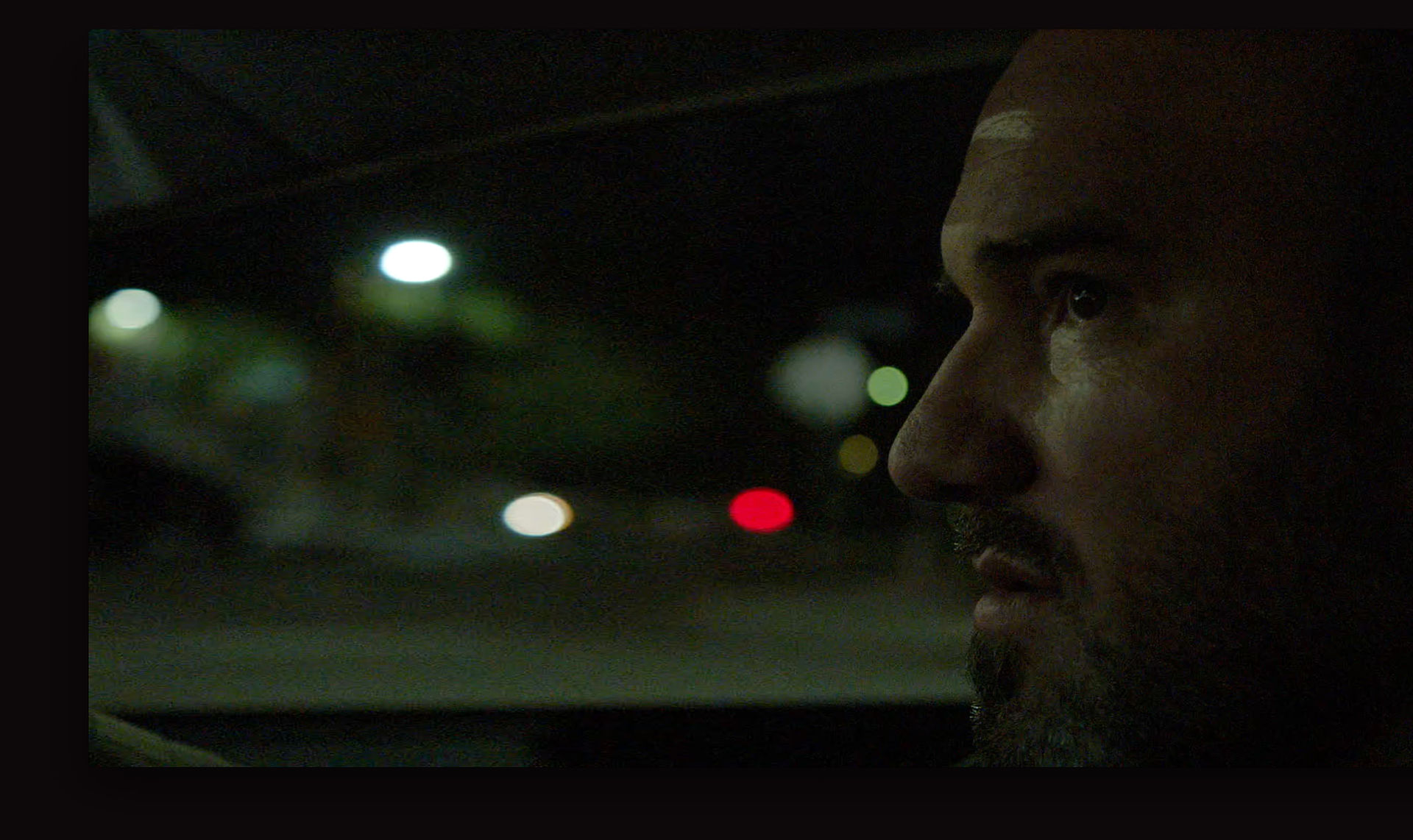
MANDE
DIRECTOR
As an artist, I believe the key to better understanding the essential components of the immigration phenomenon lies perhaps in the exploration of its inherent subtleties. Subsequently, the dynamic between the subjects of Mande is unquestionably representative of a broader reality, although the purpose of the film is not to state its implications explicitly. Rather, the film proposes an intimate approach to the essential differences and similarities that connect individuals on either side of the immigration scenario as human beings: their upbringing, their outlook towards life, their fears and their dreams. In the case of the characters of Mande, this antagonistic and surprisingly sympathetic relationship endures for several years as it grows in subtle ways.
In 2005 I arrived in Los Angeles from Argentina. Not finding many opportunities in the Hollywood film business, and overwhelmed by expenses beyond my means, I started working for a two-man plumbing company in order to stay in Los Angeles. Our boss was Willie, a California native from a long legacy of plumbers; Felipe, his Mexican apprentice, had been working for Willy for about four years. I soon became the unexpected liaison between employer and laborer, both of whom developed a sudden dependence on my presence for their own individual reasons: for Willy, I was the one with a US drivers license; for Felipe, I was the one who could translate from English to Spanish and back simultaneously. On my second week of work, Felipe agreed to lend me a small video camera he had purchased when his daughter was born. So I began filming the everyday lives and interactions between worker and American contractor.
My hope, therefore, is to bring the experience of Felipe and Willie to a variety of contexts in order to foment a more sympathetic, more compassionate conversation about the humanity of immigration itself both in USA and in worldwide.
Pascui Rivas

